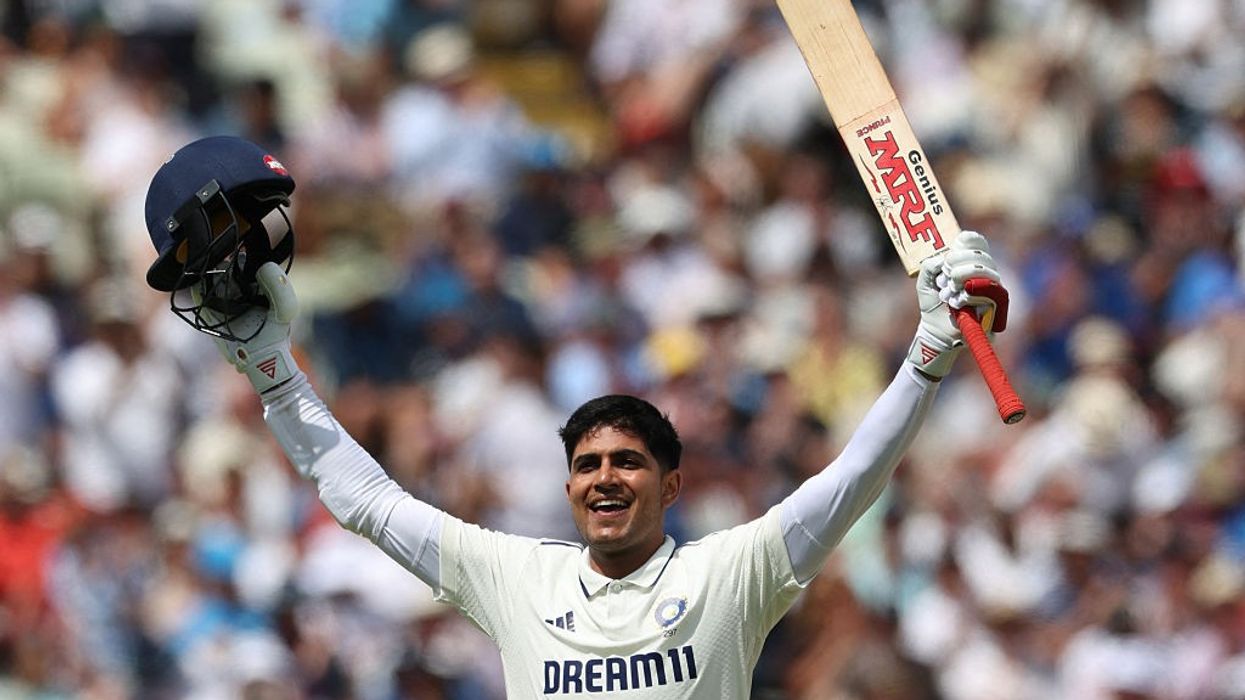THERE is some good news for women cricketers in England as 41 became first full-time professionals at the domestic level.
One of them is allrounder Naomi Dattani, who told BBC: "I still haven't seen what my 100 per cent potential looks like. That's what is so exciting."
"I've always been told I've got 'potential', but I've never been able to just give everything. Education would get in the way, or cultural pressures, or work," Dattani, who has also signed for London Spirit in The Hundred, also said.
The 27-year-old apart from competing against England's full-time professionals, was also working as a school coach to support her income - where she would end up working 20 to 30 hours a week.
Now, having turned a professional has had freed her up to focus on cricket.
Being one of three South Asian women among the 58 full-time domestic and England professional cricketers, Dattani had to deal with the cultural pressure playing in the country.
"It was the little comments. Where people would say to you, 'Oh, but you always have a wedding,' if I missed a weekend match. And, well, yeah, because that's... that's part of my culture."
"I come from an Indian Hindi family. We're a very big family of probably more than 100 immediate relations and you get invited to loads of cultural social events that you are expected to attend. Especially as a woman.
"Stereotypically, boys could get away (with missing family events) a bit more. But for a girl to say she was (missing these gatherings) to go into sports, well, the lines get blurred. Your family are really supportive but at the same time it's not an understood career pathway," she said.
Earlier this month, another South Asian cricketer, Azeem Rafiq, said he had lost faith in the investigation into his claims of alleged institutional racism at Yorkshire.
But for Dattani, "It's not explicit racism." However, she points out with so many British Asian women now playing the sport at an elite level, chances of overt discrimination becomes less.
The last prominent South Asian women face to play cricket at the top level was Isa Guha, who after retiring a decade ago is now a successful commentator. Moreover, alongside Dattani, Sonia Odedra and Abtaha Maqsood are the only two other South Asian women in the country with professional contracts.
"It's more of an understanding that everyone has different challenges, and they might not be the same as yours," Dattani says.
"On the women's side the stuff is a little bit different. There are really no role models for a South Asian to look up to in the women's game. I believe it's more of an education gap, where people need to help the younger Asian girls with what it takes to be an athlete."
She added: "The ECB are running various South Asian programmes, which I've been dipping in and out of, throughout lockdown, where they get mums and other women to join and understand what cricket is, for both them and their daughters.
"Now, when I'm coaching, it's not just the dads taking an interest but the mums as well, staying near the nets, asking how they can support their daughters. That's really encouraging."

















